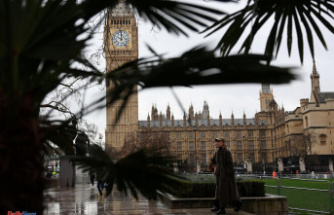If you’ve been in a car accident, it can be disorienting and distressing at a minimum. You may have injuries and need immediate or sustained medical treatment.
In the immediate aftermath of a car accident, you should do three things.
- Contact the police
The police will interview all parties to an accident. They will take notes on what happened and issue a police report. If you or the other driver want evidence of what happened or want to bring a legal claim, it’s essential to have a police report.
- Get medical attention
If you are clearly injured, call an ambulance immediately after you call the police (or ask the police to call an ambulance as well). Emergency personnel can make sure you can transported safely to the hospital.
But it’s important to seek medical attention even if you don’t have a visible injury such as cuts and bruises. Many serious injuries, such as concussions, are silent. You may not know you have them. Concussions can cause multiple symptoms, such as dizziness, fatigue, and nausea. Other injuries, such as damage to soft tissue, may not manifest for some time.
As a result, go to a doctor’s office as soon as possible after the accident. Tell them what happened. They will check you over for any possible injuries.
You can also ask a physician if any activities are off-limits. Working after a car accident, for example, may not be a good idea as it could exacerbate injuries. Your injuries may have rendered you unable to work, as well.
- Take pictures of the scene and your injuries
In the age of the smartphone, many of us have devices with cameras with us. If you’ve been in a car accident, it’s important to have a record of the scene and any injuries. A camera will make clear the extent and nature of damage to vehicles, other property, and people. Pictures are also important as insurance and legal records.
- Contact your insurance company
Finally, contact your insurance company. It’s a good idea to get the insurance information and contact information for the other driver as well, depending on whether you live in a no-fault state or not. Give the adjuster the facts about what happened.
Date Of Update: 21 March 2019, 18:33











